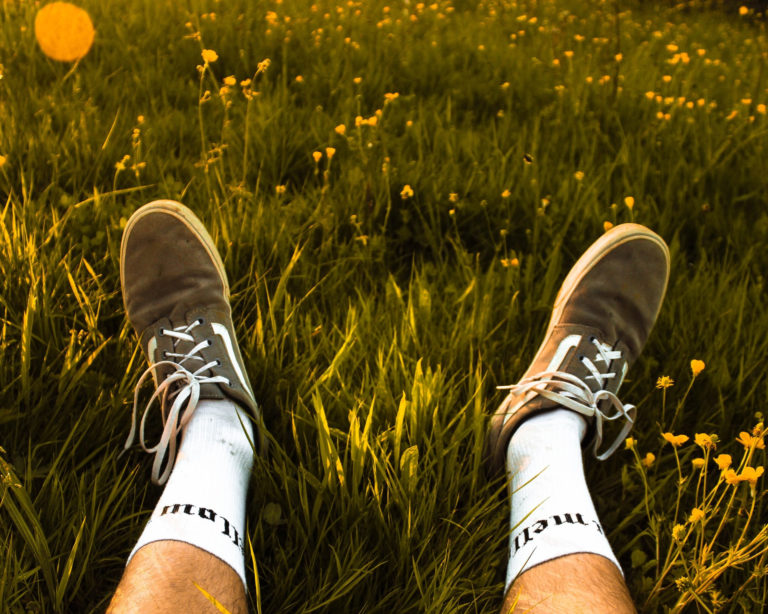More and more footwear companies, both nationally and internationally, are investing in sustainability and offering innovative solutions, recycled materials, and low-impact manufacturing processes.
During the winter edition of the Riva del Garda exhibition in 2022, a huge number of companies presented their collections, explaining how they adhere to sustainability guidelines and how buyers are aware of consumption habits and product selection.
Brands are being forced to reconsider their business model, as well as their attitude and production methods. The goal of working with less polluting raw materials, avoiding waste, respecting natural resources, and creating superior quality products that last over time is the purpose of this perspective of the entire concept of sustainability in fashion.
An example is 1 Hundred Shoes, a Portuguese company that primarily serves the American and English markets. Every sort of material used, from the top to the sole, is recycled and recyclable, resulting in completely eco-friendly shoes.
They are 100% certified vegan shoes: the uppers are made without the use of toxic chemicals, and the bottoms are made from the rubber of old shoes that are no longer in use.
In Spain, instead, we find Recykers. This company also produces vegan shoes, particularly sneakers. The brand's mission is to promote environmental preservation through a sustainable economy.
They collaborate with certified suppliers that provide them with 100% recycled materials such as cotton, polyester, and plastic. Seaqual was born from the plastic that is collected in the sea, and it is this material that they use to create their new eco-friendly footwear styles.
Growing public awareness on environmental issues has created the essential incentive for businesses to adopt a sustainable culture. Savana, a Portuguese company that has been in the footwear business since 1988 but has just been making shoes made from recycled materials for three years, did the same. It works mostly with the United States and, in Europe, particularly Austria.
They presented their shoes at Expo Riva Schuh, which have the upper made of wool recycled from old sweaters and a sole composed of ecological rubber and natural cork. They have also released a new product with an apple peel, bamboo, cork sole and the sole made of recycled tennis balls.
While in Italy and during the lockdown, the Best Group Collection launches the eco-sustainable brand called Privato. Before they were involved in creating shoes for other brands, the company was involved in producing shoes for other brands until a change of direction lead them to take on this project that they had been wishing to do for a long time.
Their main product is also the sneaker, vegan and produced with recycled materials. Plastic can be divided into two different groups, pre-consumer plastic, such as industrial waste from the creation of shoes, and post-consumer plastic, such as bottles and recycled plastic parts.
Plant materials created from corn waste or pineapple leaves are another element that makes their shoes sustainable. Furthermore, they strive for zero-kilometre production, which reduces waste to the greatest extent possible. Actually, they designed limited edition bags crafted by a seamstress using waste materials that unavoidably come from the creation of shoes.
But how do customers react to sustainable products? The interest in green and eco-friendly products is growing, according to these businesses, but it is a value that has yet to settle and spread equitably. Many people still make decisions based on money rather than quality, especially in such a socially and historically challenging age as this one.
Despite this, the response of customers and consumers who are already committed to sustainability has been positive. So much so that after starting with a single eco-sustainable product, each of the companies questioned increased their collections and catalogue products. The perception is that the movement toward sustainability is manifesting itself, both within production systems and within the cultural systems of those who buy, who are becoming increasingly conscious of the origins of the things they select.



